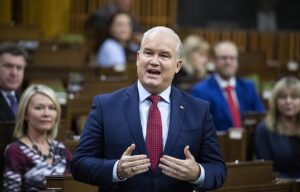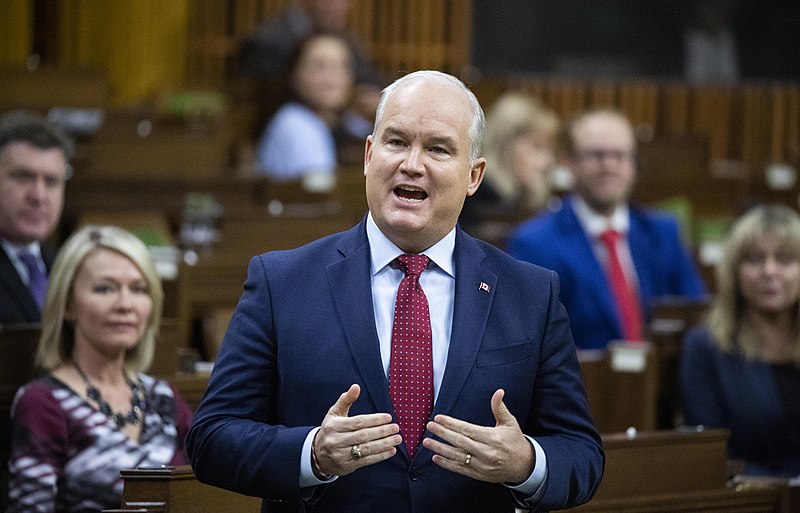O’Toole’s leadership is almost over

TORONTO – Last hours for Erin O’Toole at the head of the Conservative Party. Or at least this is the most likely scenario on the eve of the vote, organized for tomorrow within the Conservative caucus, with which the fate of the leader and the possible change in leadership of the Canadian right will have to be decided.
But to better frame the situation we need to take a step back. The revolt within the party certainly did not spring up overnight. On the contrary, it is the result of a creeping discontent that has been breathing within the right since the defeat at the polls on September 20. An unexpected electoral blow, given the flattering polls during the election campaign, a meltdown that fueled divisions within the Tories and that questioned O’Toole’s ability to maintain control of the party.
The first to throw down the gauntlet to O’Toole was Saskatchewan Senator Denise Batters, who in recent months had openly asked to put the leader’s eventual stay to a vote. In response, O’Toole’s entourage decided to kick her out of the parliamentary group.
But the hard fist, this silence of internal dissent avoiding dialectics and contradictions, had the opposite effect compared to that hoped for by the leader. The rebel group gained strength and courage, also from the protests by numerous local associations of the party that in essence demanded the head of O’Toole.
To act as a fuse to the bomb that exploded the open revolt was the delivery of the report prepared by former MP James Cumming, in which all the alleged mistakes made by O’Toole during the election campaign were highlighted. The most significant: trying to move the party towards the center, moving away from typical conservative issues, in order to break through in urban areas; the lack of a precise strategy on many key issues; the party’s alleged mild opposition to the anti-Covid measures wanted by Prime Minister Justin Trudeau; the resounding loss of votes in favor of the other right-wing formation, maxime Bernier’s People’s Party, which in fact cost O’Toole the final victory.
Now, the rebels have decided to come out into the open. On Monday evening, former O’Toole loyalist Bob Benzen, an MP from Calgary, sent an official letter to the chairman of the parliamentary group Scott Reid formalising the request to put support for the leader to a vote: the document was given the green light and this means that it was accompanied by the signature of at least 20 Conservative MPs.
But according to what the rebels have leaked, there would be about sixty parliamentarians ready to distrust O’Toole: to defenestrate the secretary requires a majority of the votes of the parliamentary group, therefore 60, given that the caucus is composed of 119 members
O’Toole for now does not give up. He wants the rebels to come out into the open and this morning they will. With the idea that there is a great maneuver behind the rebellion, that Pierre Poilievre considered his possible successor.



